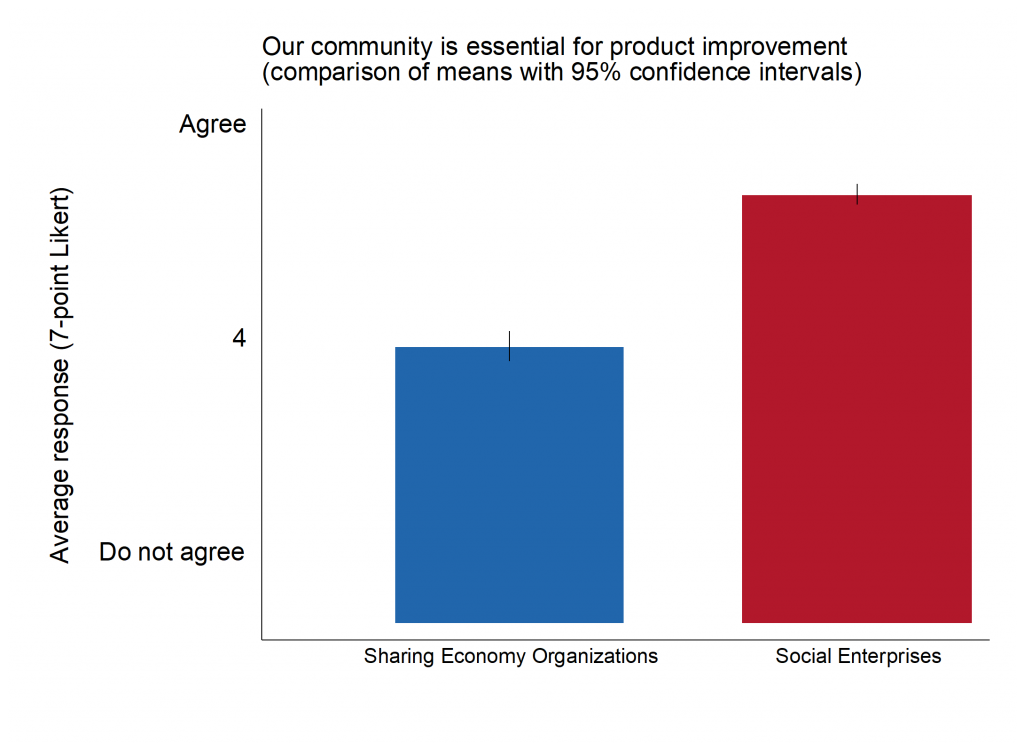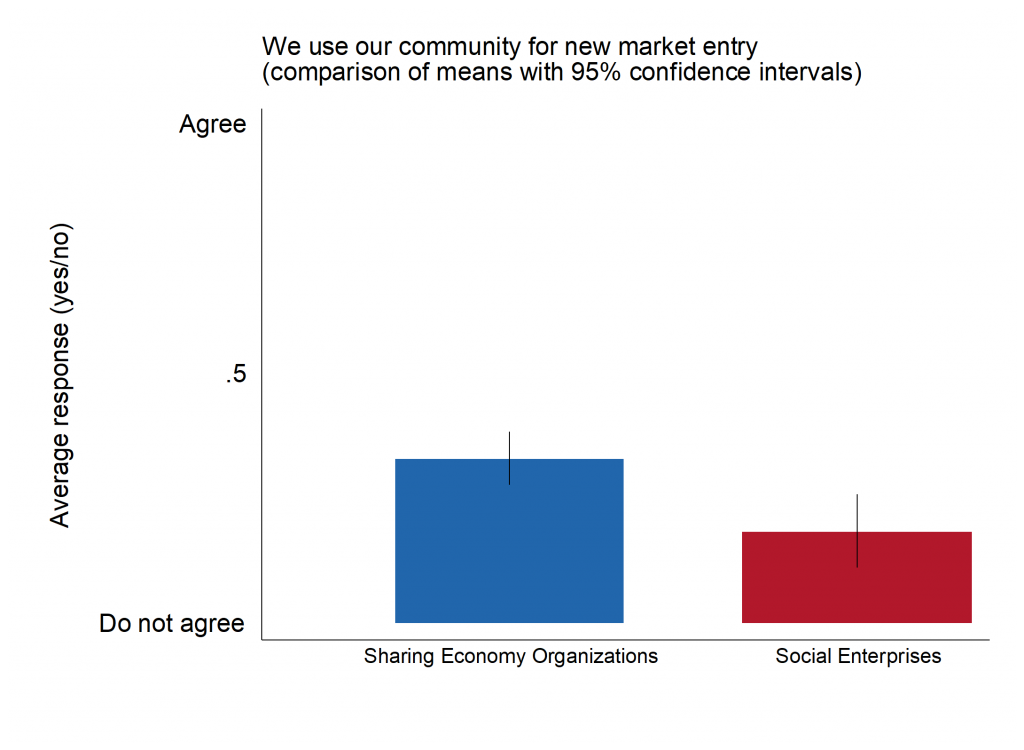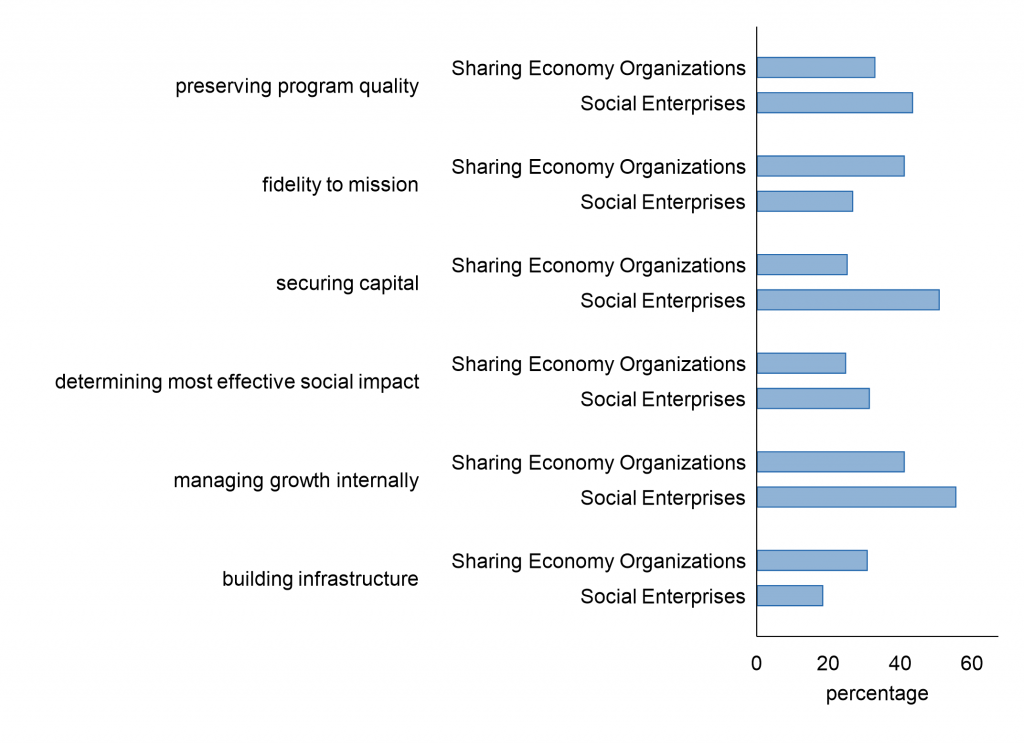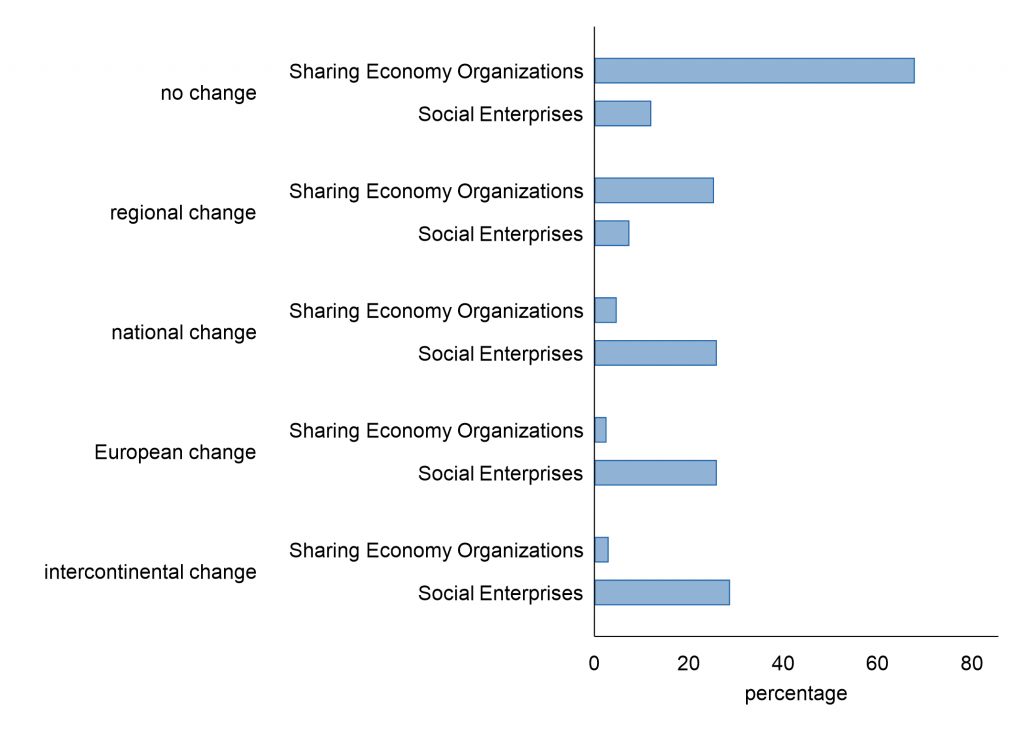By Verena Girschik and Jasper Hotho
As evidenced in places such as Syria and Yemen, humanitarian crises are becoming ever more complex (OCHA, 2017a). In response, international and humanitarian organizations increasingly call upon the private sector to help alleviate human suffering. As we describe in our recent article (Hotho & Girschik, 2019), many companies have answered this call. In the past, the role of companies in humanitarian crises tended to be limited to financial or in-kind donations. Today, more and more companies seek a direct role in the delivery of humanitarian action, often through collaborative partnerships with humanitarian organizations.
Why invest in business-humanitarian collaboration?
Companies that engage in humanitarian initiatives often do so for philanthropic reasons. However, these companies may fail to appreciate that engagement in humanitarian initiatives can also provide them with longer-term strategic advantages (OCHA 2017b).
To begin with, business-humanitarian collaboration likely has reputational and motivational benefits. Contributions to humanitarian relief efforts send positive signals to external stakeholders, including customers and governments, as well as internal employees.
However, companies may also benefit in more tangible ways.
First, engaging directly in the delivery of humanitarian assistance can provide firms with the opportunity to learn about new countries and markets. For example, MasterCard’s payment solutions for humanitarian crisis situations allow the company to contribute to a good cause while developing a more detailed understanding of under-explored areas that may at a later stage become potential markets.
In addition, humanitarian engagement provides opportunities for relationship building with international organizations, governments, and local communities. Such connections can enhance a firms’ competitiveness as they may unlock or facilitate interesting market opportunities down the line.
Humanitarian crisis contexts also provide companies with opportunities to develop new skills and competencies or strengthen existing ones. For example, by participating in the Logistics Emergency Team—a business alliance providing UN agencies with vital logistical support—companies such as A.P. Møller-Mærsk have the opportunity to push their logistical capabilities while providing life-saving support during complex emergencies.
Business-humanitarian partnerships must address three fundamental challenges
Notwithstanding the potential of business-humanitarian partnerships, the extreme conditions of humanitarian crises renders such collaboration especially complicated and risky. Humanitarian assistance is often delivered to vulnerable populations in politically complex and volatile contexts. As a result, partners face three fundamental challenges that they need to be prepared to address if they are to leverage the potential of their collaboration.
1. Securing ethical engagement
The first challenge is to ensure that private-sector involvement is ethically sound and aligned with the humanitarian principles of humanity, impartiality, neutrality, and independence. Companies and their humanitarian partners need to uphold these principles in spite of commercial interests and practical constraints.
2. Realizing effective engagement
Collaborations between humanitarian organizations and companies are complex to navigate. Partners need to find ways to build mutual understanding and trust and create a favorable climate for mutual problem-solving. In addition, both sides may need to adjust processes and operations in order to align capabilities and enable effective collaboration.
3. Sustaining business-humanitarian partnerships
Companies and their humanitarian partners often struggle to demonstrate measurable benefits from their collaborations. Companies need to sustain internal support for such partnerships even when there is no immediate business case. In addition, humanitarian organizations need to engage companies in the right place at the right time; namely, where humanitarian needs are greatest.
Addressing these three challenges is neither quick nor easy. It is through strong mutual commitments and innovative responses that business-humanitarian partnerships can leverage their potential and deliver humanitarian assistance ethically, effectively, and sustainably.
References:
Hotho, J., & Girschik, V. (2019). Corporate engagement in humanitarian action: Concepts, challenges, and areas for international business research. critical perspectives on international business, 15(2/3), 201-218.
OCHA (2017a). Annual Report 2017
OCHA (2017b). The Business Case: A Study of Private Sector Engagement in Humanitarian Action
About the authors
Verena Girschik is Assistant Professor of CSR, Communication, and Organization at the Department of Management, Society and Communication, Copenhagen Business School. Verena’s research focuses on the responsibilities of companies in the contexts of complex societal problems and humanitarian crises. Interested in relations between companies, governments, NGOs, and other societal actors, her research explores how companies negotiate their roles and responsibilities, how they perform them, and to what consequences. Verena’s Twitter: @verenaCPH)
Jasper Hotho is Associate Professor at the Department of International Economics, Government and Business at Copenhagen Business School, and Senior Editor for the top-tier academic journal Organization Studies. Jasper’s research focuses on the opportunities and challenges that arise from private-sector involvement in the delivery of humanitarian assistance.
Image by Colourbox.dk





